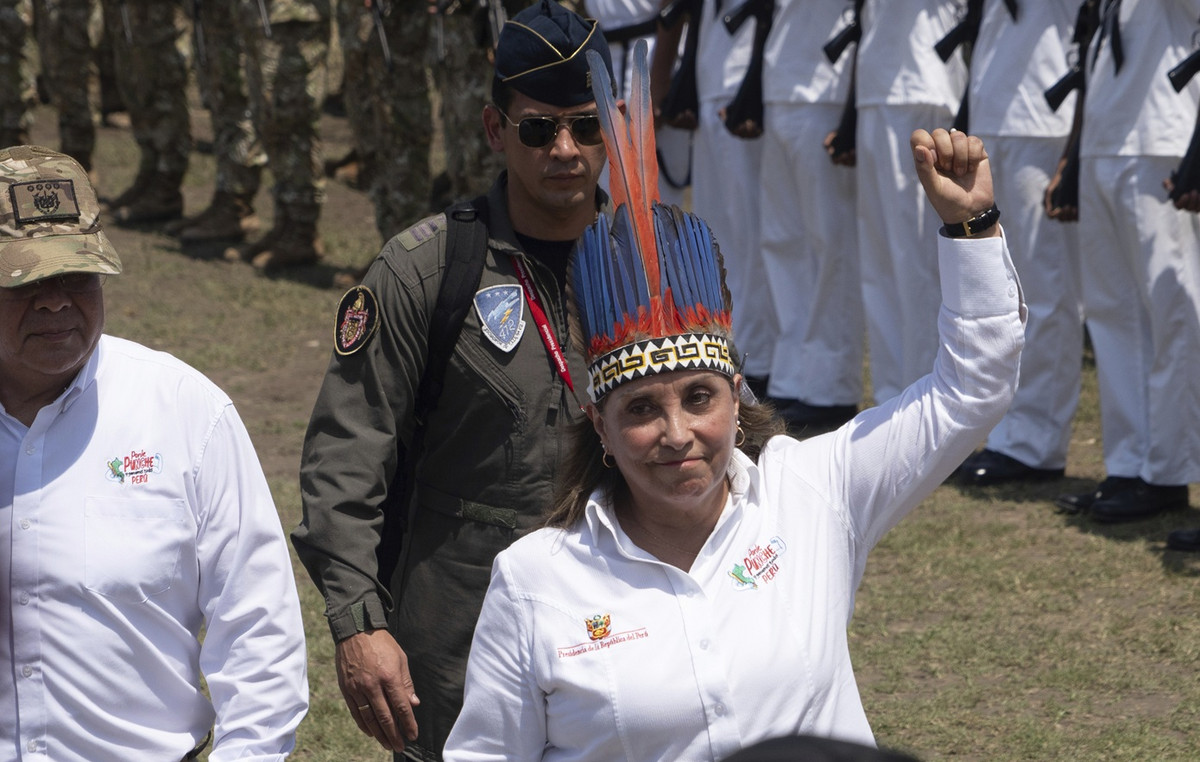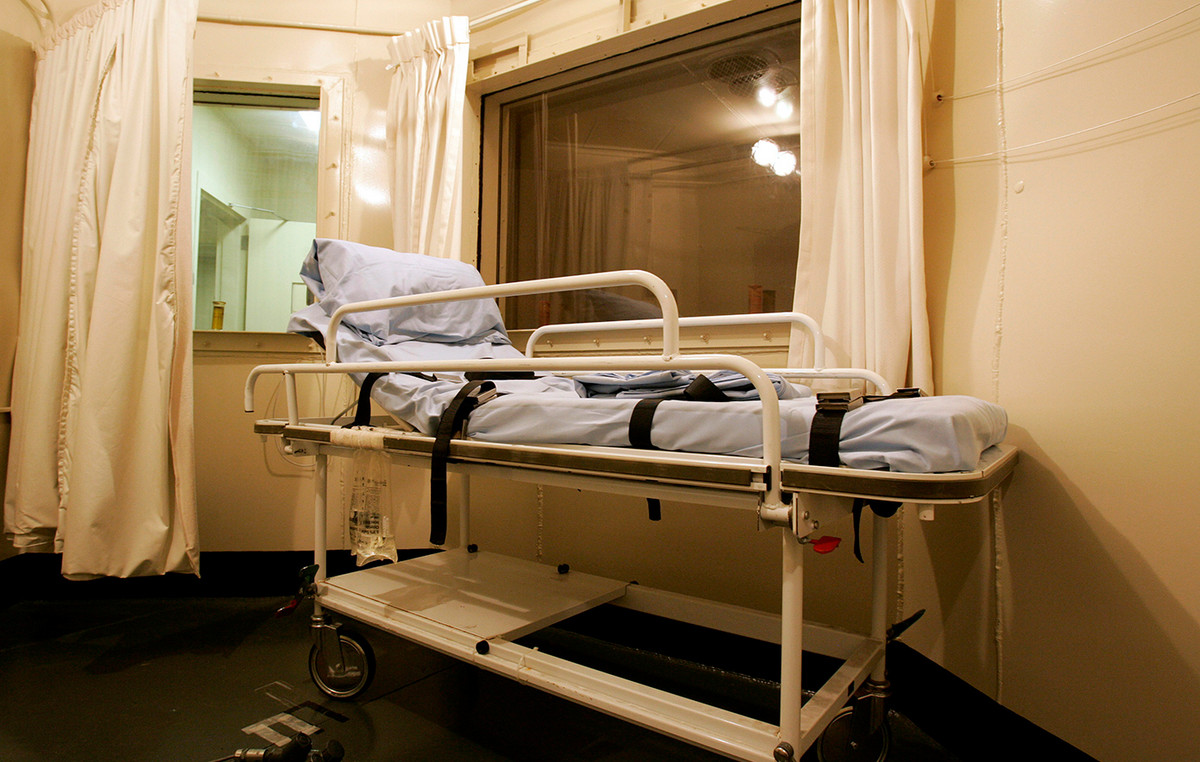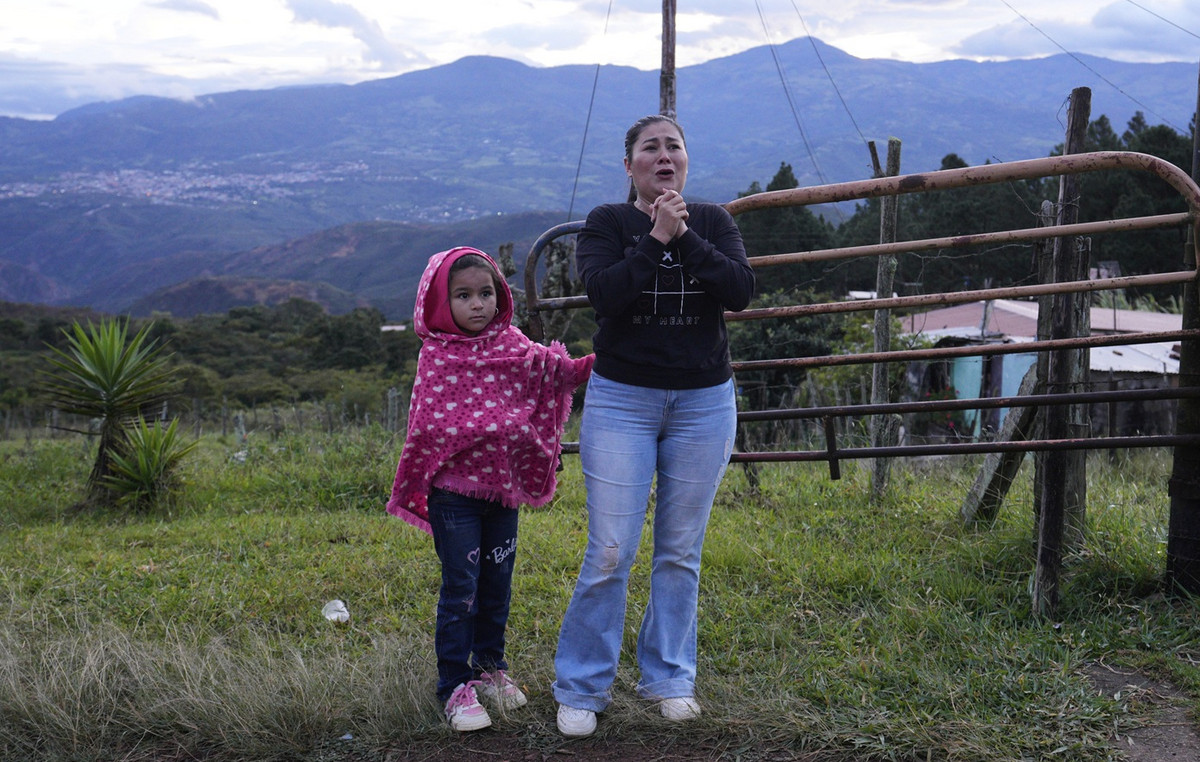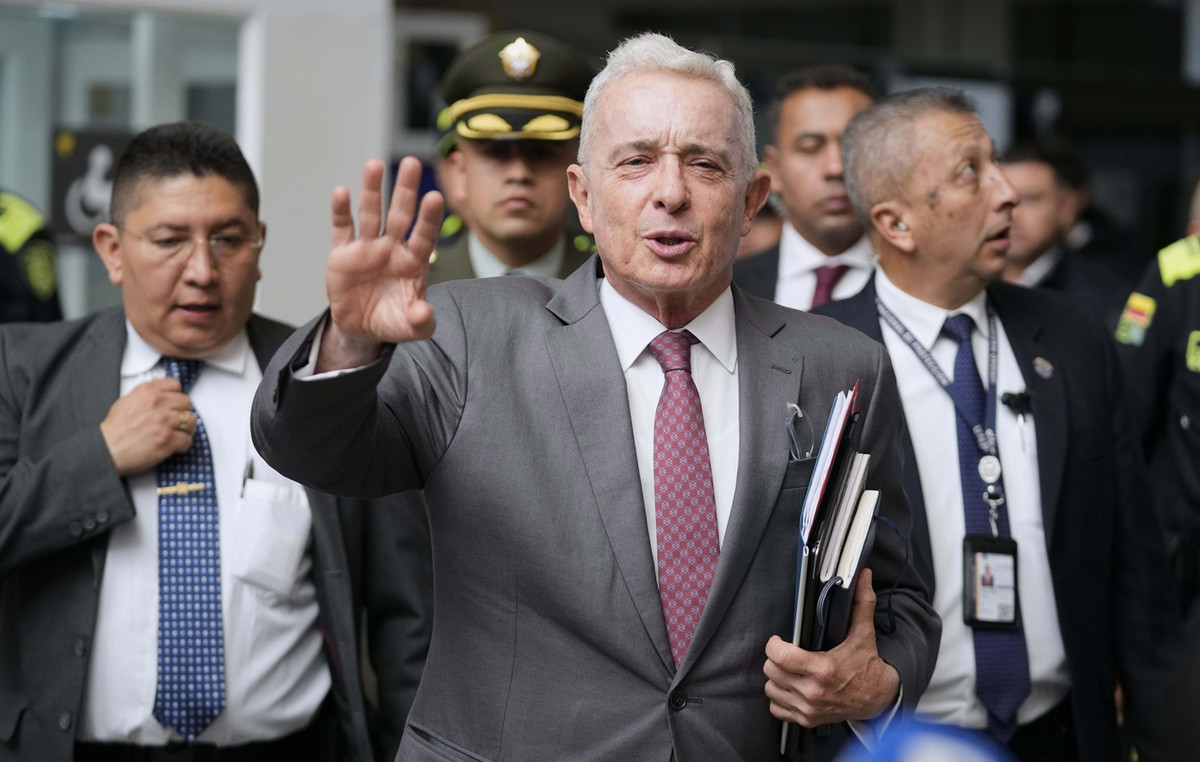An extensive tribute to Turkey-Russia relations, entitled “Erdogan Putin the Devil” and subtitled “How the Turkish President Became the Kremlin Secret Agent in the West”, reports the French magazine Le Point.
In particular, he points out the similarities between the two leaders in the way of governing, stating the following: “Both in power for 20 years without any alternation, united by the rejection of the West, upset the geopolitical balances from Syria to Ukraine “their struggle for influence is in control of the Black Sea.”
“Erdogan and Putin have shown their contempt for the rule of law. They are both surrounded by oligarchs. Both countries are anti-democratic, their elections are neither free nor fair, their regimes promote narratives and seek redemptive and revivalist, revivalist “Turkish political scientist Cegiz Aktar, a professor at the University of Athens, and Isabel Fakon, author of” Russia-Turkey a Challenge to the West? ” states:
“As they share an imperial nostalgia and the same disgust for the Western model, they have good reason to reconcile. Together they have managed to overcome the traditional historical rivalries between their countries and leave behind strategic differences. Even when conflicts seem to bring them in contrast, they end up finding common ground.
Over time, the two authoritarian leaders have forged a relationship that analysts find difficult to define. “The terms ‘competitive cooperation’ or ‘cooperative competition’ express all the ambiguity of the ties between Russia and Turkey.”
The same article also refers to the agreements signed by the two countries in 2009, including the one for the construction of the South Stream pipeline, “the most important agreement”.
According to Adnan Sezgin, a Turkish opposition lawmaker and former Turkish ambassador to Moscow, Russia “has been very accommodating with Turkey to disrupt its alliance with NATO. That is why Putin approached Erdogan.” “The more authoritarian he became, the more Putin liked him,” Sezgin said, noting that “there is a will to separate Turkey from the West. Distance from the European Union also benefits the Kremlin.”
According to the former ambassador, Erdogan “does not really have a foreign policy”. But what is indisputable, he notes, is that Erdogan has put Turkey in a weak position vis-.-Vis Russia. The S-400 missiles have not yet been activated for fear of US sanctions and are now a burden on Turkish diplomacy.
“In Syria, we are very dependent on Russia, which dominates the sky. We also run the risk of Syrians fleeing to Turkey,” he said. Dependence is also economical and energy. Almost 50% of Turkish gas is bought from Russia, at prices “higher than for Germany”. The nuclear power plant at Akuyu, on the Mediterranean coast, will be built by Russia’s Rosatom. And “$ 5 billion to $ 6 billion in tourism revenue is significant,” Sezgin added.
“Turkish authorities are always trying to show that they belong to the West, doing as little as possible so as not to offend Russia and suffer the economic consequences,” said Mark Pierini, the former European Union ambassador to Ankara. and visiting professor at the Carnegie Europe Foundation.
Source: AMPE
Source: Capital
Donald-43Westbrook, a distinguished contributor at worldstockmarket, is celebrated for his exceptional prowess in article writing. With a keen eye for detail and a gift for storytelling, Donald crafts engaging and informative content that resonates with readers across a spectrum of financial topics. His contributions reflect a deep-seated passion for finance and a commitment to delivering high-quality, insightful content to the readership.







